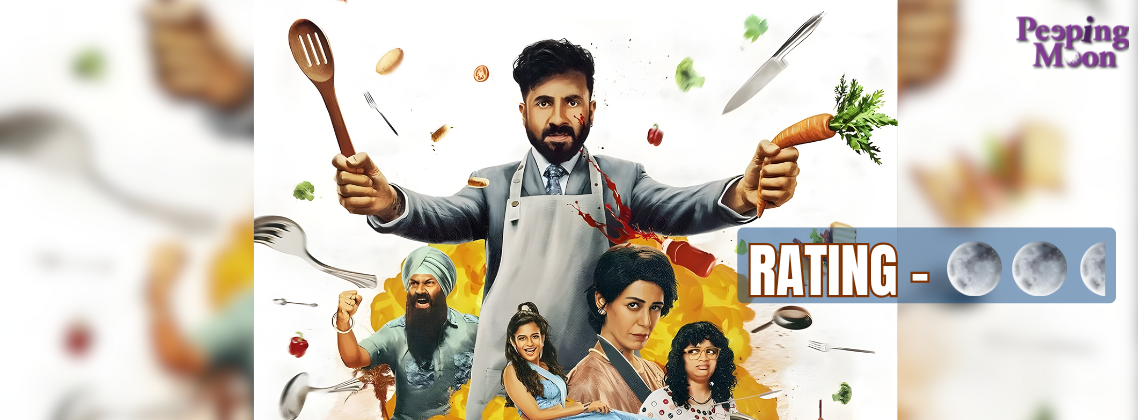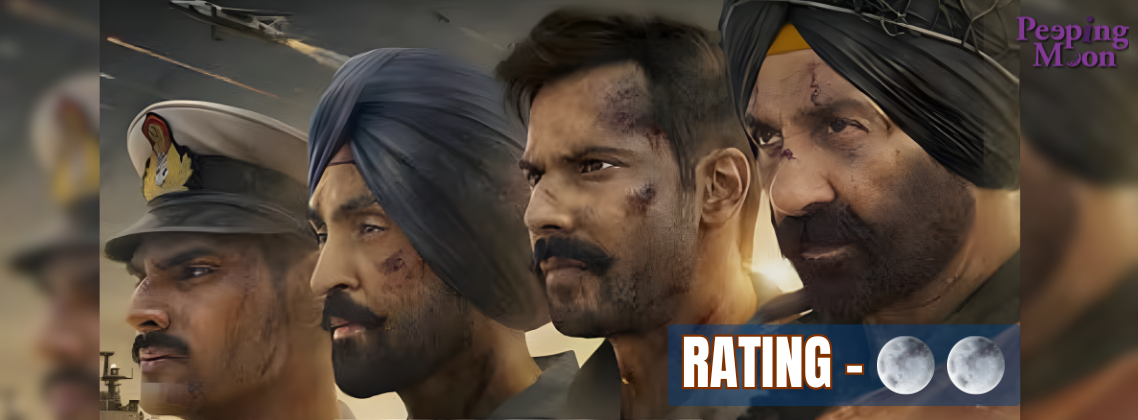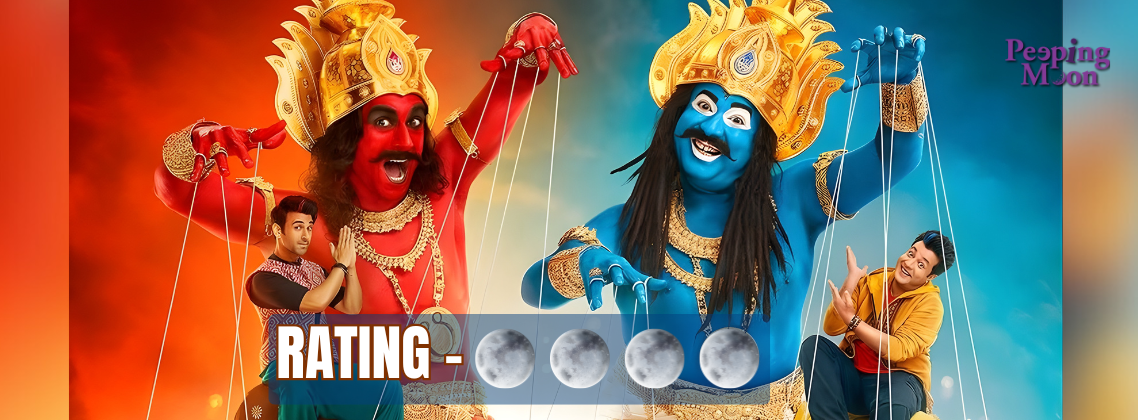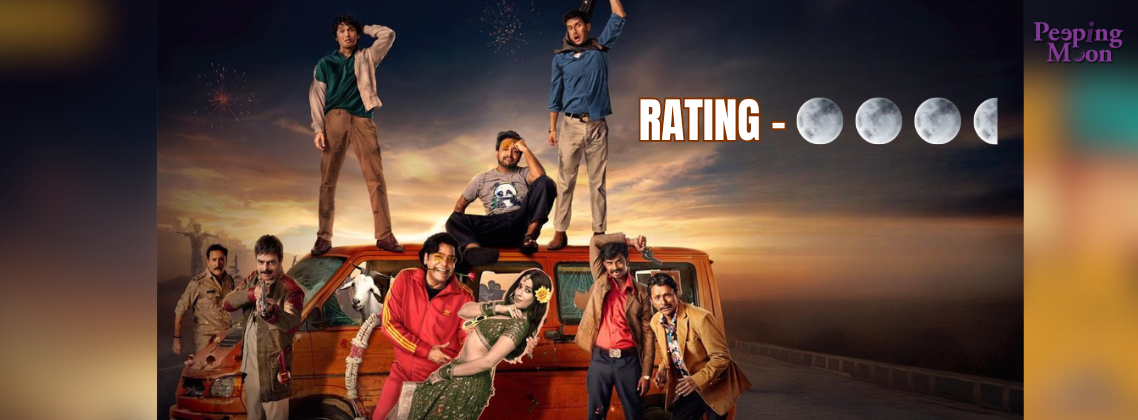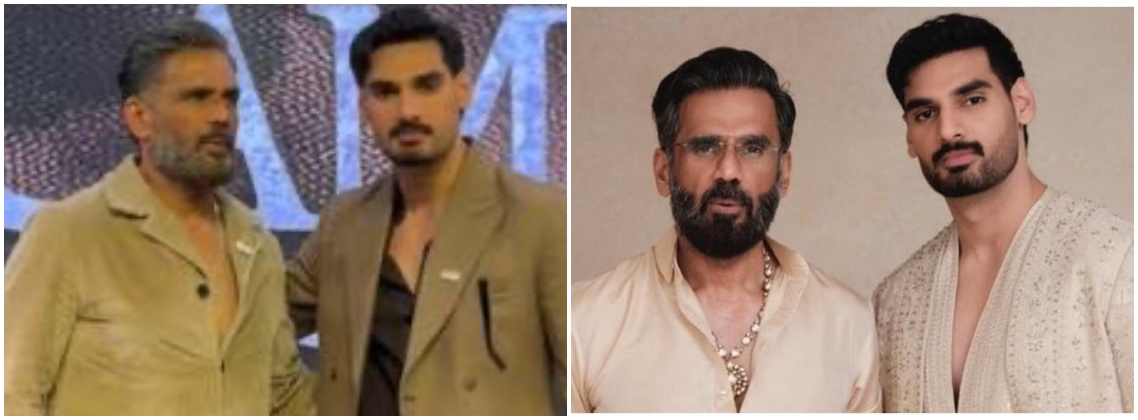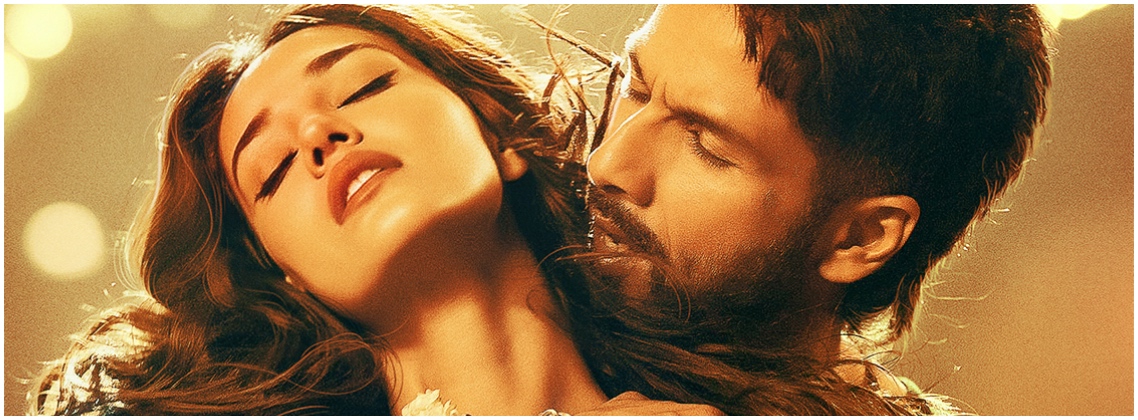We are living in the 21st century with all the possible facilities at our disposal for a better standard of living and personal security, yet there is something missing. As a Democratic society, we boast of our right to freedom of speech, freedom of expression, freedom to practice any religion so on and so forth. But somewhere down the line, these Fundamental Rights still don't give women the freedom to dress according to their choices. While we live in a modern society, there are men (sometimes women too) who judge a woman by her clothing. As girls, we have, at some point in time, heard, "Good girls cover up" or "you shouldn't be wearing too tight or ‘provocative’ clothes." But is that an essential criterion to judge how good or bad a girl is? Well, definitely NOT!
On Tuesday, the newly appointed Chief Minister of Uttarakhand, Tirath Singh Rawat, criticised women at an event for wearing ripped jeans and wondered what values will they impart to their children. He went on to say that youngsters these days follow fancy fashion trends due to a lack of values and think big of themselves after wearing jeans that are ripped at the knees. He added that if they don't find one in the market, they cut their jeans using scissors. Rawat further described the attire of a woman who sat right next to him on a flight and said she was wearing boots, ripped jeans and several bangles in her hands with two children with her. A media agency mentioned his quote that stated, "She runs an NGO, goes out in the society and has two children, but she wears jeans ripped at the knees. What values will she impart?"
This triggered off outrage on social media. Actress-politician Jaya Bachchan and her granddaughter, entrepreneur Navya Naveli Nanda, Gul Panag and others slammed Rawat for his regressive statement. As the debate around why women are still judged on their clothes has resurfaced again, PeepingMoon dug out some hard-hitting and relevant short films on YouTube that addresses the issue in a simple yet effective way.
Take a look:
Khayali Pulao
Prajakta Koli's Khayali Pulao is a story of a young Haryanvi teenage girl named Asha who is the school topper. However, she has a secret desire to break societal shackles. She joins the school’s Handball team for a special reason- wearing shorts. The simple yet effective tale gives out an important message of the true meaning of freedom. The film is directed by Tarun Dudeja, Khayali Pulao released in 2020.
Cheap Dress
Cheap Dress is a 14 minutes 7 seconds long short film on YouTube. Produced by Roaring Reels Production House, the short film aims to change society's approach towards women and change their thinking to make the country a safer place for them. Cheap Dress is directed by Muskan Asthana, who is behind the story and concept too. It released in 2017.
Makeover
This short film written and directed by Anshuman Raj released in 2018. Makeover revolves around how women don't need a physical 'makeover' but men should get their dirty minds cleaned. The short film is 12 minutes 23 seconds long.
Pardha
Directed by Aashay Mane, Pardha shows how women have to face eve-teasing despite wearing clothes that the 'society approves'. It emphasizes that one shouldn't blame women for their clothes but there is an urgent need to change society's ideology. Pardha was uploaded on YouTube in 2016.
Nothing To Wear
Pawan Nayak and Raghav Rawat directed Nothing To Wear released in 2017. Without fancy dialogues or setup, the 3 minutes 29 seconds short film sends out an important message. The synopsis reads, "A short film, every woman can relate with. What will you change, Clothes or your society ???"
Levish
Directed and written by Manas Nanda, Levish is about a teenage girl living in a remote village in India who has the desire to wear jeans. However, her father considers it to be against the 'values'. The 20 minutes 46 seconds short film focuses on how the girl struggles for a pair of jeans. Levish released in 2020.
We hope society changes for the better!
(Source: YouTube)





.jpg)
